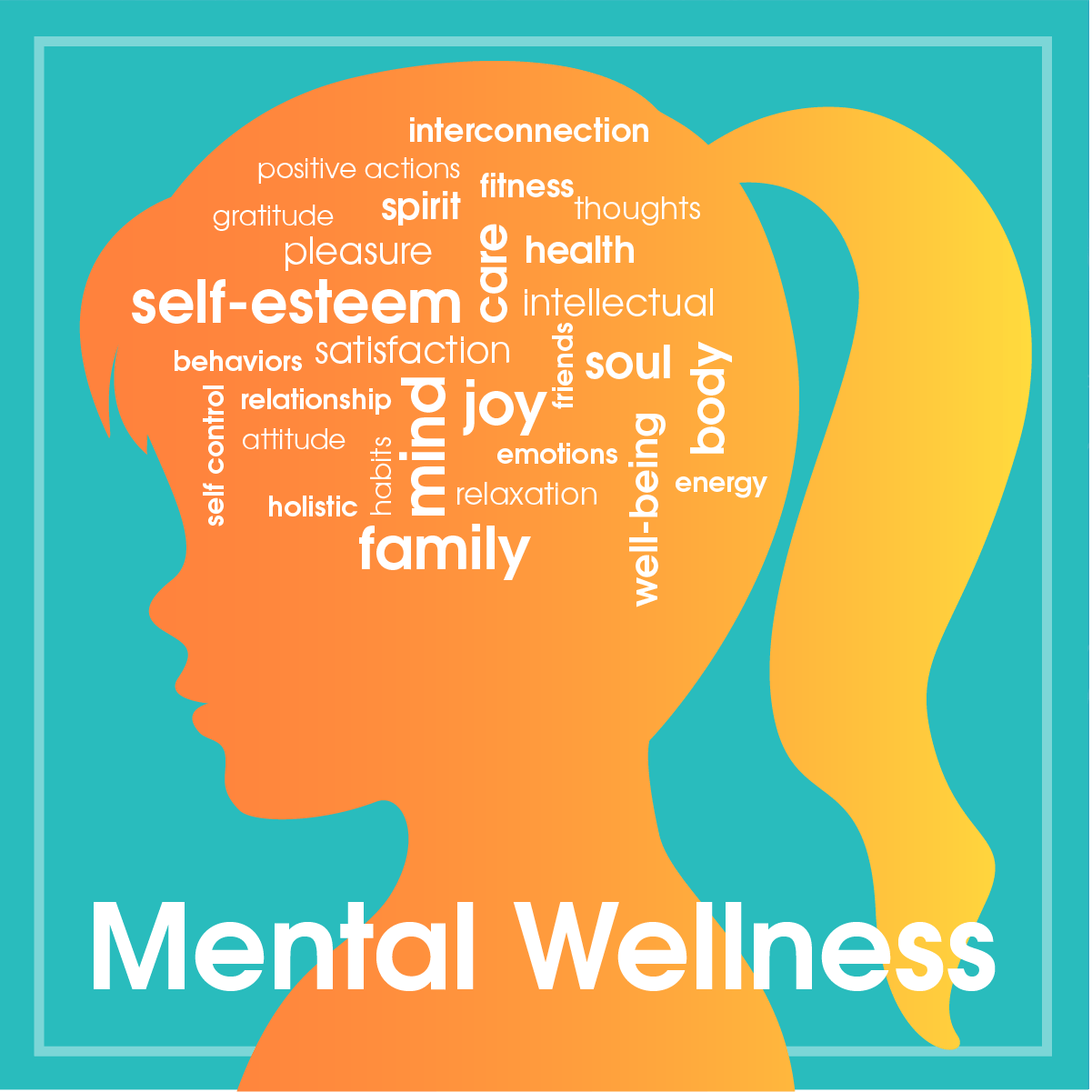
Balancing Act: Nurturing Mental Wellness in a Hectic World
In today’s fast-paced and demanding world, maintaining mental wellness has become a crucial aspect of overall health. As we navigate through the challenges of daily life, it’s essential to adopt strategies that promote a balanced and healthy state of mind.
The Importance of Mental Wellness
Mental wellness is not just the absence of mental illness; it encompasses a broader spectrum of factors contributing to a positive and resilient mindset. It involves emotional well-being, stress management, and the ability to cope with life’s ups and downs. Prioritizing mental wellness is vital for leading a fulfilling and productive life.
Recognizing Signs of Stress
Identifying the signs of stress is the first step towards achieving mental wellness. Whether it’s a demanding workload, personal relationships, or external pressures, being aware of how stress manifests in our lives allows us to take proactive measures. Physical symptoms, changes in behavior, and emotional responses are all indicators that shouldn’t be ignored.
Building Resilience Through Mindfulness
Mindfulness practices are powerful tools for building resilience and promoting mental well-being. Techniques such as meditation, deep breathing, and mindful awareness help individuals stay present in the moment, reducing anxiety about the future and regrets about the past. Embracing mindfulness can significantly contribute to a more balanced and centered life.
The Role of Physical Activity
Regular physical activity has proven benefits for both physical and mental health. Exercise releases endorphins, the body’s natural mood elevators, and helps alleviate stress and anxiety. Incorporating activities like walking, jogging, or yoga into daily routines can contribute to improved mental wellness.
Nurturing Social Connections
Human connections play a crucial role in mental wellness. Building and maintaining positive relationships with friends, family, and the community provide a support system during challenging times. Engaging in social activities and fostering a sense of belonging contribute significantly to emotional well-being.
Seeking Professional Support
Sometimes, achieving mental wellness requires professional assistance. Therapists, counselors, and mental health professionals offer valuable insights and coping strategies to navigate complex emotions and challenges. Seeking support is a sign of strength, and it can make a profound difference in one’s mental well-being.
Creating a Healthy Work-Life Balance
Balancing professional and personal responsibilities is key to mental wellness. Overworking and neglecting personal time can lead to burnout and increased stress levels. Setting boundaries, prioritizing self-care, and making time for hobbies and relaxation are essential components of a healthy work-life balance.
Nutrition’s Impact on Mental Health
The food we consume has a direct impact on our mental well-being. A balanced diet with essential nutrients contributes to brain health and can positively influence mood and cognitive function. Prioritizing a nutritionally rich diet is a fundamental aspect of caring for our mental wellness.
Embracing Creativity for Emotional Expression
Creativity is a powerful outlet for emotional expression and stress relief. Engaging in artistic pursuits, whether it’s writing, painting, or playing music, provides a channel for processing emotions and promoting a positive mindset. Embracing creativity can be a therapeutic and enjoyable aspect of mental wellness.
Taking Steps Towards a Healthier Mind
In conclusion, achieving and maintaining mental wellness is an ongoing process that requires attention and intentional efforts. By recognizing the importance of mental health, adopting mindfulness practices, seeking support when needed, and embracing a holistic approach to well-being, individuals can navigate life’s challenges with resilience and balance.
To learn more about Mental Wellness, visit studentals.net for additional resources and insights. Remember, prioritizing your mental health is a valuable investment in your overall well-being.
